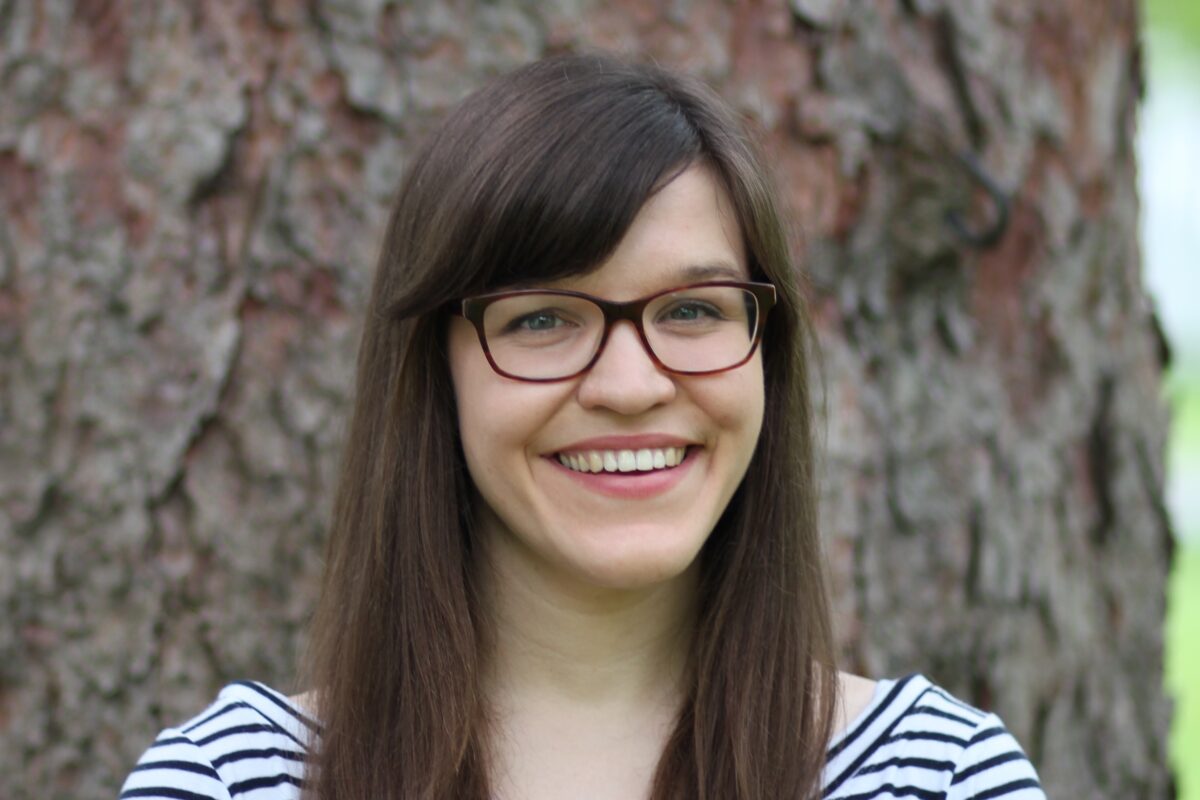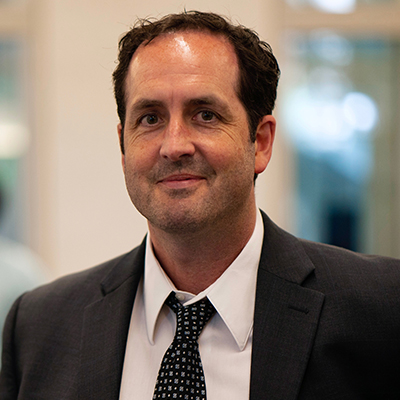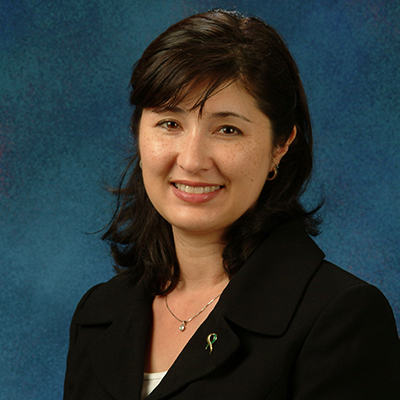Research and Teaching Interests:
I’m interested in how the human brain represents, navigates, and shapes its social environment. My research integrates theory and methods from social psychology with computational techniques that exploit the wealth of information contained in patterns of ties in real-world social networks and in distributed patterns of brain activity.
My current work is primarily concerned with better understanding the mental architecture involved in encoding the structure of our social networks, and the cognitive and behavioral consequences of this structure. By combining the systematic characterization of real-world social relationships with methods for assessing information processing within individual brains, this line of research aims to provide insight into interactions between social networks and human cognition.
A complementary line of research investigates the neural mechanisms that allow us to represent and mentally traverse different kinds of psychological distance from our current first-hand experience. For example, to what extent does understanding distance from oneself in space, time, and social ties rely on common neural computations? How do different kinds of psychological distance influence our responses to events in the world around us? How can our subjective perceptions of social, spatial, and temporal distance be warped by our emotions and motivations?
Research in the Computational Social Neuroscience Lab combines approaches from cognitive neuroscience, social network analysis, machine learning, and social psychology to address questions like these, and more broadly, to better understand the mental architecture involved in perceiving and navigating our social world.
Representative Publications:
Hyon, R., Youm, Y., Kim, J., Chey, J., Kwak, S., & Parkinson, C. (In press). Similarity in functional brain connectivity at rest predicts interpersonal closeness in the social network of an entire village. Proceedings of the National Academy of Sciences of the United States of America.
Baek, E., Porter, M. A., & Parkinson, C. (In press). Social network analysis for social neuroscientists. Social Cognitive and Affective Neuroscience.
Parkinson, C., Wheatley, T., & Kleinbaum, A. M. (In press). The Neuroscience of Social Networks. In R. Light & J. Moody (Eds.), The Oxford Handbook of Social Network Analysis. Oxford: Oxford University Press.
Weaverdyck, M. E., Lieberman, M. D., & Parkinson, C. (2020). Multivoxel pattern analysis in fMRI: A practical introduction for social and affective neuroscientists. Social Cognitive and Affective Neuroscience, 15(4), 487–509.
Parkinson, C. & Du, M. (2020). How does the brain infer hidden social structures? Trends in Cognitive Sciences, 24, 497-498.
Hyon, R., Kleinbaum, A. M., & Parkinson, C. (2020). Social network proximity predicts similar trajectories of psychological states: Evidence from multi-voxel spatiotemporal dynamics. NeuroImage, 216, 116492.
Weaverdyck, M. E. & Parkinson, C. (2018). The neural representation of social networks. Current Opinion in Psychology, 24, 58-66.
Parkinson, C., Kleinbaum, A. M., & Wheatley, T. (2018). Similar neural responses predict friendship. Nature Communications, 9, 332.
Parkinson, C., Kleinbaum, A. M., & Wheatley, T. (2017). Spontaneous neural encoding of social network position. Nature Human Behaviour, 1, 72.
Parkinson, C. & Wheatley, T. (2016). Reason for optimism: How a shifting focus on neural population codes is moving cognitive neuroscience beyond phrenology. Behavioral and Brain Sciences, 39, e126.
Parkinson, C. & Wheatley, T. (2015). The repurposed social brain. Trends in Cognitive Sciences, 19, 133-141.
Parkinson, C., Liu, S., & Wheatley, T. (2014). A common cortical metric for spatial, temporal, and social distance. Journal of Neuroscience, 34(5), 1979–1987.
Parkinson, C., & Wheatley, T. (2013). Old cortex, new contexts: Re-purposing spatial perception for social cognition. Frontiers in Human Neuroscience, 7:645.





